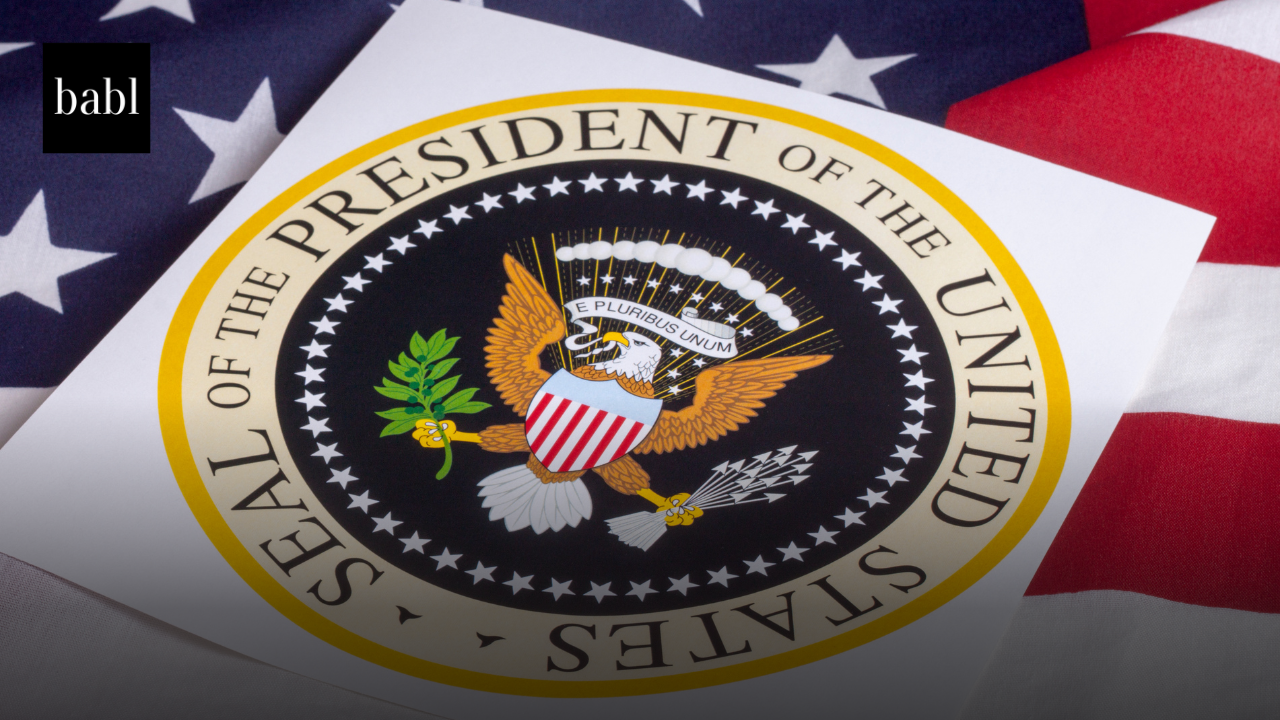ORIGINAL NEWS STORY:
Biden Issues First National Security Memorandum on AI to Strengthen U.S. Leadership and Global Standards for Safe, Ethical AI
President Joe Biden issued the first-ever National Security Memorandum (NSM) on Artificial Intelligence (AI), outlining a detailed approach to ensure AI technology supports U.S. national security goals responsibly. The NSM directs the U.S. government to lead global efforts in developing safe, secure, and trustworthy AI. This directive builds upon Biden’s previous executive actions aimed at promoting responsible AI innovation.
Three Core National Security Objectives
The NSM outlines three key objectives: establishing the U.S. as a leader in responsible AI, utilizing cutting-edge AI for national security while respecting democratic values, and advancing global consensus on AI governance. Biden’s initiative signals an understanding of AI’s dual role as both a national security tool and a potential risk if not managed carefully.
A significant focus of the NSM is the strengthening of U.S. AI capabilities. Recognizing that powerful AI models require substantial computational resources, the NSM mandates improved security for semiconductor supply chains and development of advanced AI-enabled supercomputers. These actions are designed to protect the U.S. AI ecosystem against foreign interference and ensure the country maintains an edge in AI innovation.
Expanding Counterintelligence and Cyber Protections
The memorandum assigns high priority to counterintelligence efforts, directing relevant agencies to assist AI developers in safeguarding their technologies from espionage and cyber threats. It formally designates the U.S. AI Safety Institute as the primary point of contact for the AI industry in matters of security, underscoring the Institute’s central role in working with agencies like the Department of Defense and Department of Energy to evaluate emerging AI technologies.
Building a National Security AI Governance Framework
The NSM emphasizes that any AI deployment by the federal government must align with democratic values. To operationalize this, the memorandum directs the creation of an AI Governance and Risk Management Framework, establishing guidelines for ethical AI use in national security contexts. The framework provides a structured approach for agencies to monitor and mitigate AI risks, including privacy invasions, bias, and discrimination.
The memorandum also advocates for AI’s role in enhancing public safety, with each agency tasked to assess and manage potential AI risks, particularly those involving personal privacy, discrimination, or transparency. This commitment to accountability and human rights aims to establish a foundation for responsible AI use in government operations.
Deepening Global Cooperation on AI Governance
Acknowledging AI’s international implications, the NSM emphasizes the importance of global AI governance. Over the past year, the Biden administration has spearheaded several initiatives, such as developing an International Code of Conduct for AI alongside G7 allies and championing the Political Declaration on Military AI. The NSM instructs U.S. agencies to work with allies to develop a cohesive AI governance framework that upholds human rights and aligns with international law.
To further strengthen these efforts, the U.S. plans to host the inaugural meeting of a global network of AI safety institutes in San Francisco, fostering a unified approach to AI standards and safety assessments worldwide. Through these diplomatic efforts, the Biden administration aims to lead a coalition that establishes norms for safe AI development.
Immediate Agency Actions and Competitiveness Review
The NSM directs various agencies to take immediate actions, including comprehensive evaluations of AI-related risks and updates to their internal guidelines to ensure alignment with the memorandum’s objectives. The administration plans to conduct an economic assessment of the AI sector’s competitiveness, reinforcing the importance of a robust AI ecosystem that balances innovation with security.
Need Help?
If you’re wondering how AI regulations could impact you in this ever changing landscape, don’t hesitate to reach out to BABL AI. Their team of Audit Experts is ready to offer valuable insight while answering any questions or concerns you may have.





